Freelancing offers flexibility and freedom, but it also comes with unique risks. Whether you’re a graphic designer, writer, consultant, or photographer, you face potential liabilities and challenges that could affect your finances and reputation. Many freelancers assume they don’t need business insurance because they work solo or from home, but this can be a costly misconception.
Business insurance is not just for large corporations or brick-and-mortar businesses; it can protect freelancers from unexpected risks and provide peace of mind. This blog explores why freelancers need business insurance, what types of coverage to consider, and how to determine the right policy for your needs.
Why Freelancers Need Business Insurance
Freelancers operate as independent business owners, which means they’re responsible for protecting themselves against risks that traditional employees don’t face. Here are some key reasons why business insurance is essential for freelancers:
1. Protect Your Income and Assets
Freelancers rely on their work to generate income. A lawsuit, equipment damage, or client dispute could lead to significant financial losses. Business insurance helps mitigate these risks, ensuring you can continue to operate even in challenging situations.
2. Meet Client Requirements
Some clients require freelancers to carry specific types of insurance, such as general liability or professional liability, as part of their contracts. Having insurance demonstrates professionalism and can help you secure high-value clients.
3. Safeguard Against Liability
Mistakes happen, and even a small error can lead to legal claims. Business insurance protects you from lawsuits related to negligence, breach of contract, or intellectual property disputes.
4. Handle Equipment Loss or Damage
If you use expensive tools, such as cameras, computers, or other specialized equipment, business insurance can cover the cost of repair or replacement in case of theft, damage, or loss.
5. Maintain Credibility
Carrying business insurance shows clients that you take your work seriously and are prepared for unexpected challenges. It builds trust and can set you apart from competitors.
Types of Business Insurance for Freelancers
Freelancers often have unique needs, and the right insurance coverage will depend on your industry, services, and risks. Here are the most common types of business insurance for freelancers:
1. General Liability Insurance
General liability insurance protects against third-party claims for bodily injury, property damage, or personal injury (e.g., libel or slander).
- Example: A client visits your home office, trips over a cord, and sues for medical expenses. General liability insurance covers these costs.
2. Professional Liability Insurance (Errors and Omissions)
Professional liability insurance protects against claims of negligence, errors, or omissions in your work.
- Example: A client claims your advice caused them financial losses and files a lawsuit. Professional liability insurance covers legal fees and settlements.
3. Business Property Insurance
This insurance covers the cost of repairing or replacing your business equipment if it’s damaged, lost, or stolen.
- Example: Your laptop, which you use for work, is stolen while traveling. Business property insurance can cover the replacement cost.
4. Cyber Liability Insurance
If you store sensitive client data or rely on technology, cyber liability insurance protects you from data breaches, cyberattacks, and related legal costs.
- Example: A hacker breaches your systems and accesses client information. Cyber liability insurance covers notification costs, legal fees, and potential fines.
5. Business Interruption Insurance
This coverage helps replace lost income if you’re unable to work due to a covered event, such as a natural disaster or equipment failure.
- Example: A flood damages your home office, making it impossible to work for weeks. Business interruption insurance helps cover lost earnings during that time.
6. Health and Disability Insurance
While not typically considered “business insurance,” health and disability insurance are critical for freelancers. These policies protect your personal well-being and income in case of illness or injury.
Factors to Consider When Choosing Insurance
When deciding on insurance for your freelance business, consider the following:
1. Your Industry
Different industries have different risks. For example, a freelance photographer may prioritize equipment coverage, while a consultant may need professional liability insurance.
2. Client Requirements
Some clients may specify insurance requirements in their contracts. Ensure you meet these obligations to avoid losing work opportunities.
3. Your Workspace
If you work from a home office, check whether your homeowners or renters insurance covers business activities. You may need a separate policy or rider for full protection.
4. Your Budget
Freelancers often work with tight budgets, but skimping on insurance can lead to costly consequences. Compare policies and work with an insurance agent to find affordable options that meet your needs.
How to Get Business Insurance as a Freelancer
- Assess Your Risks: Identify the potential liabilities and risks unique to your freelance business.
- Consult an Insurance Agent: An independent insurance agent can help you evaluate your options and tailor coverage to your needs.
- Compare Policies: Shop around to find the best coverage and rates.
- Bundle Policies: Bundling multiple types of insurance with the same provider can often lead to discounts.
- Review Annually: As your freelance business grows or evolves, your insurance needs may change. Regularly review your coverage to ensure it remains adequate.
Costs of Business Insurance for Freelancers
The cost of business insurance varies depending on factors like industry, coverage limits, and the size of your business. On average:
- General liability insurance costs between $400 and $600 per year.
- Professional liability insurance costs between $500 and $1,000 per year.
- Business property insurance costs depend on the value of your equipment.
Bundling policies or opting for a Business Owner’s Policy (BOP) can reduce overall costs.
Final Thoughts
Freelancing comes with freedom, but it also comes with responsibility. Business insurance is a critical safety net that protects your income, assets, and reputation, allowing you to focus on growing your career.
If you’re unsure about what type of insurance you need, consult an independent insurance agent. They can help you assess your risks, navigate policy options, and find affordable coverage tailored to your business.
Don’t leave your freelance business vulnerable to unexpected challenges—invest in the right insurance and enjoy the peace of mind you need to thrive.
Disclaimer: The information provided in this article is for educational purposes only. It is important to consult with a qualified insurance professional for advice tailored to your specific circumstances.

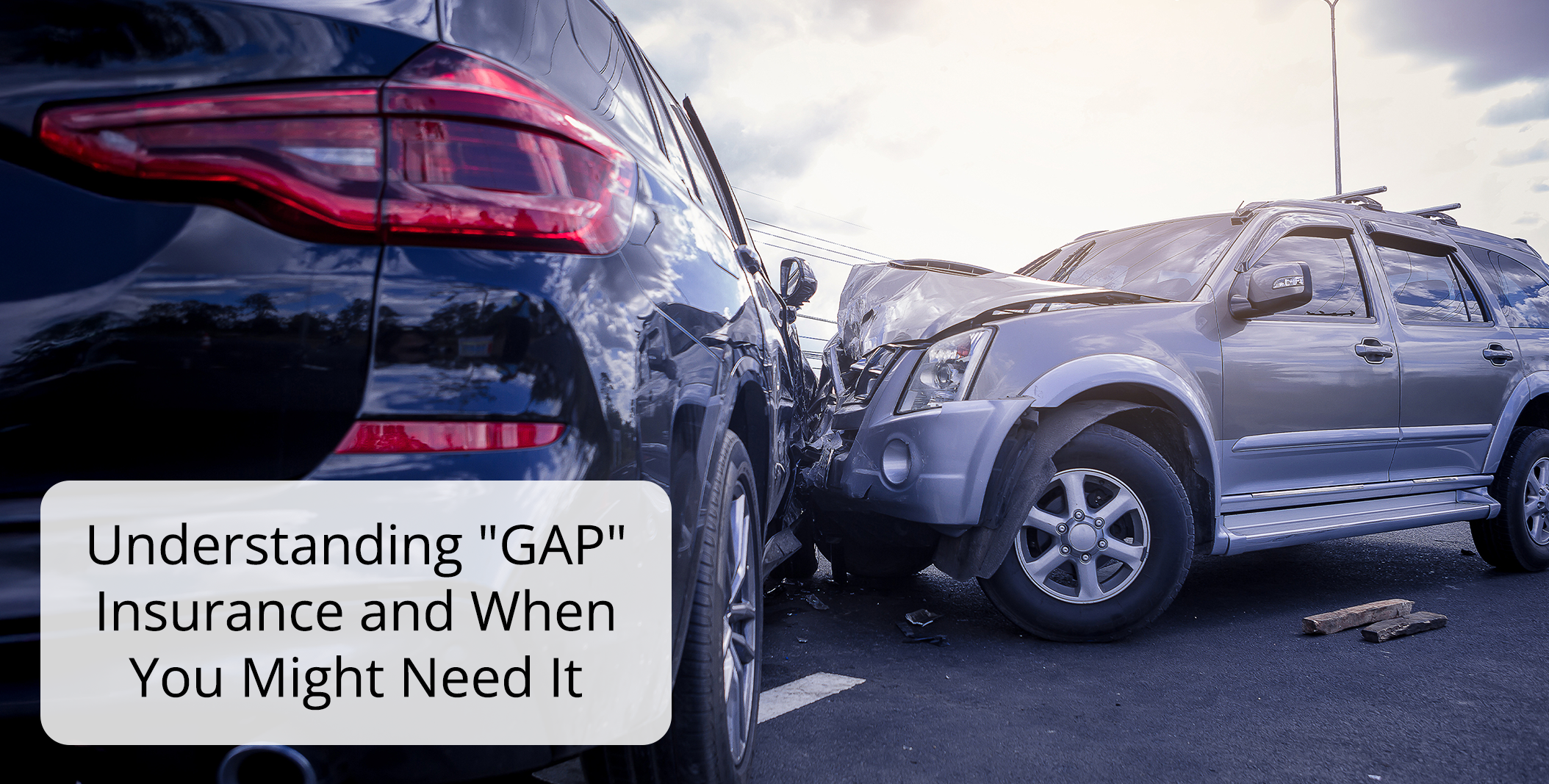

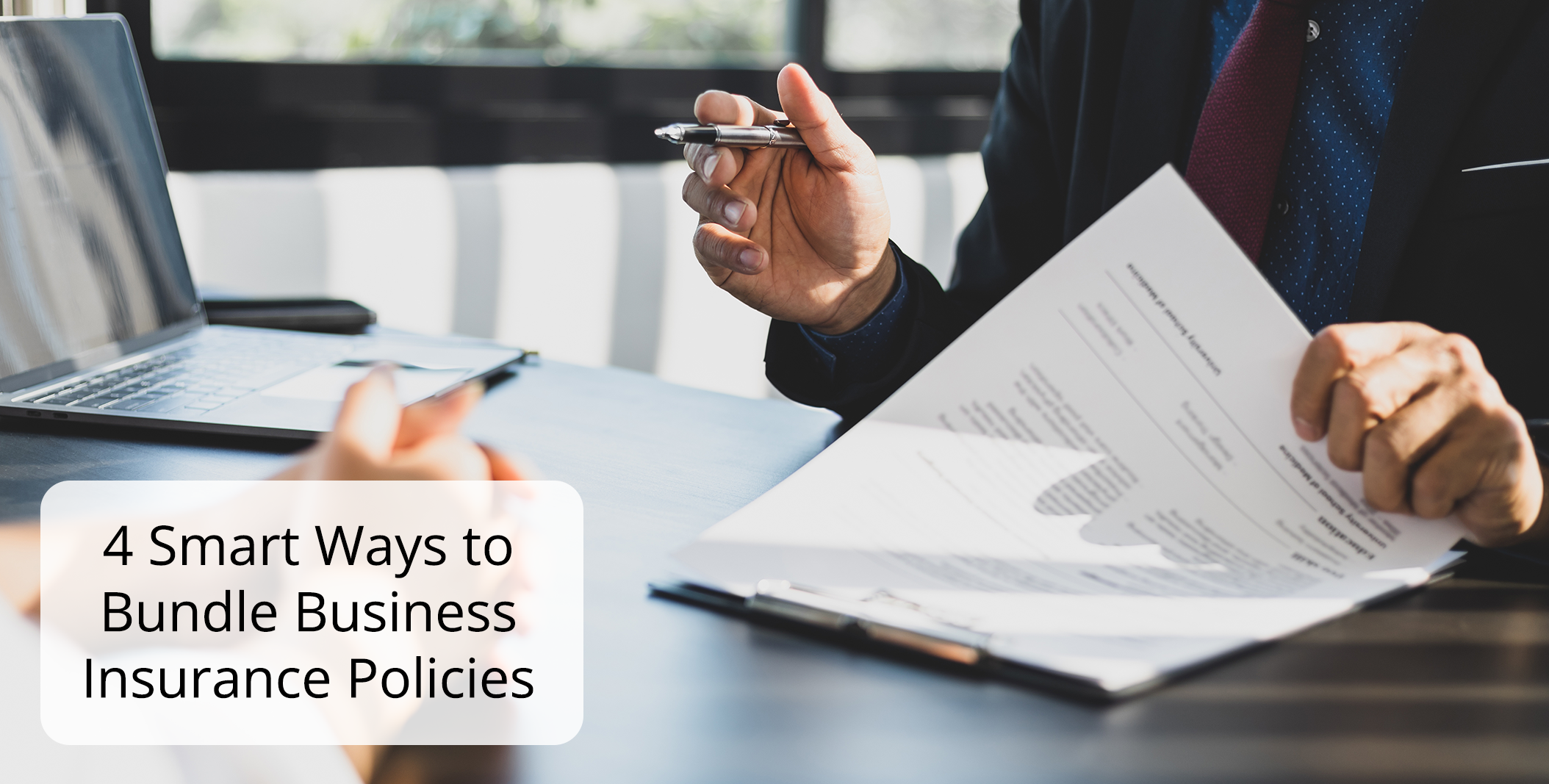
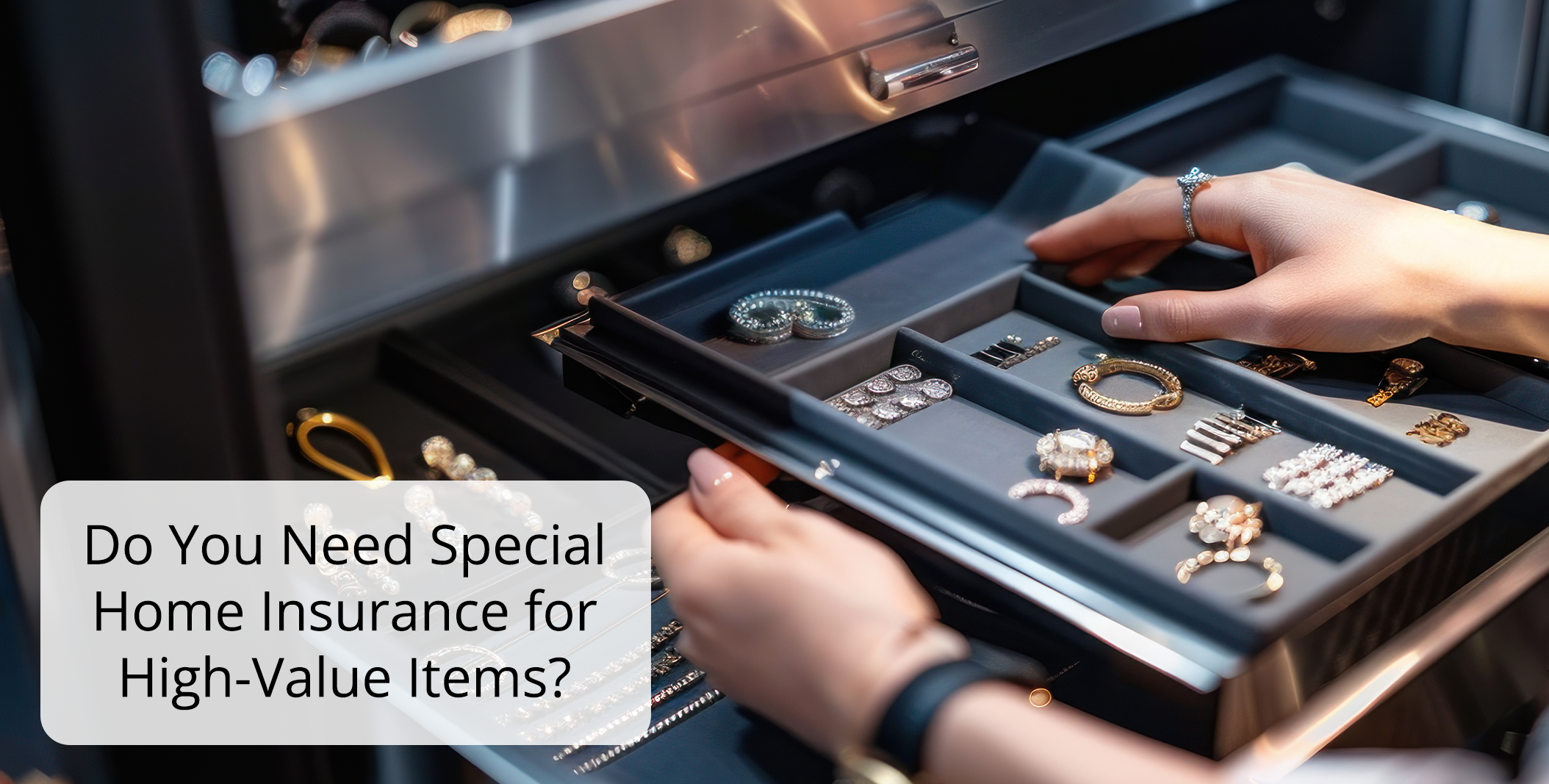

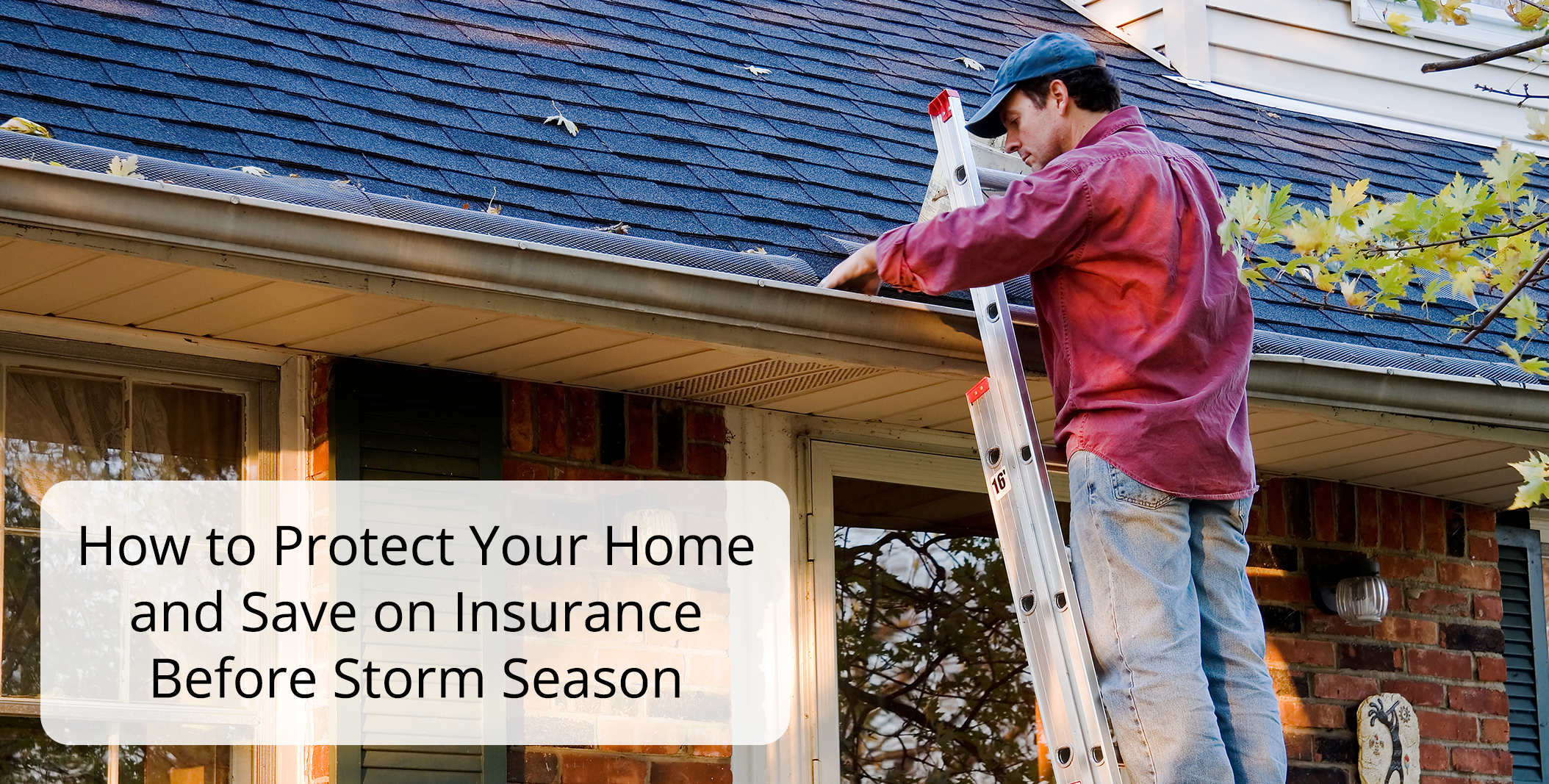

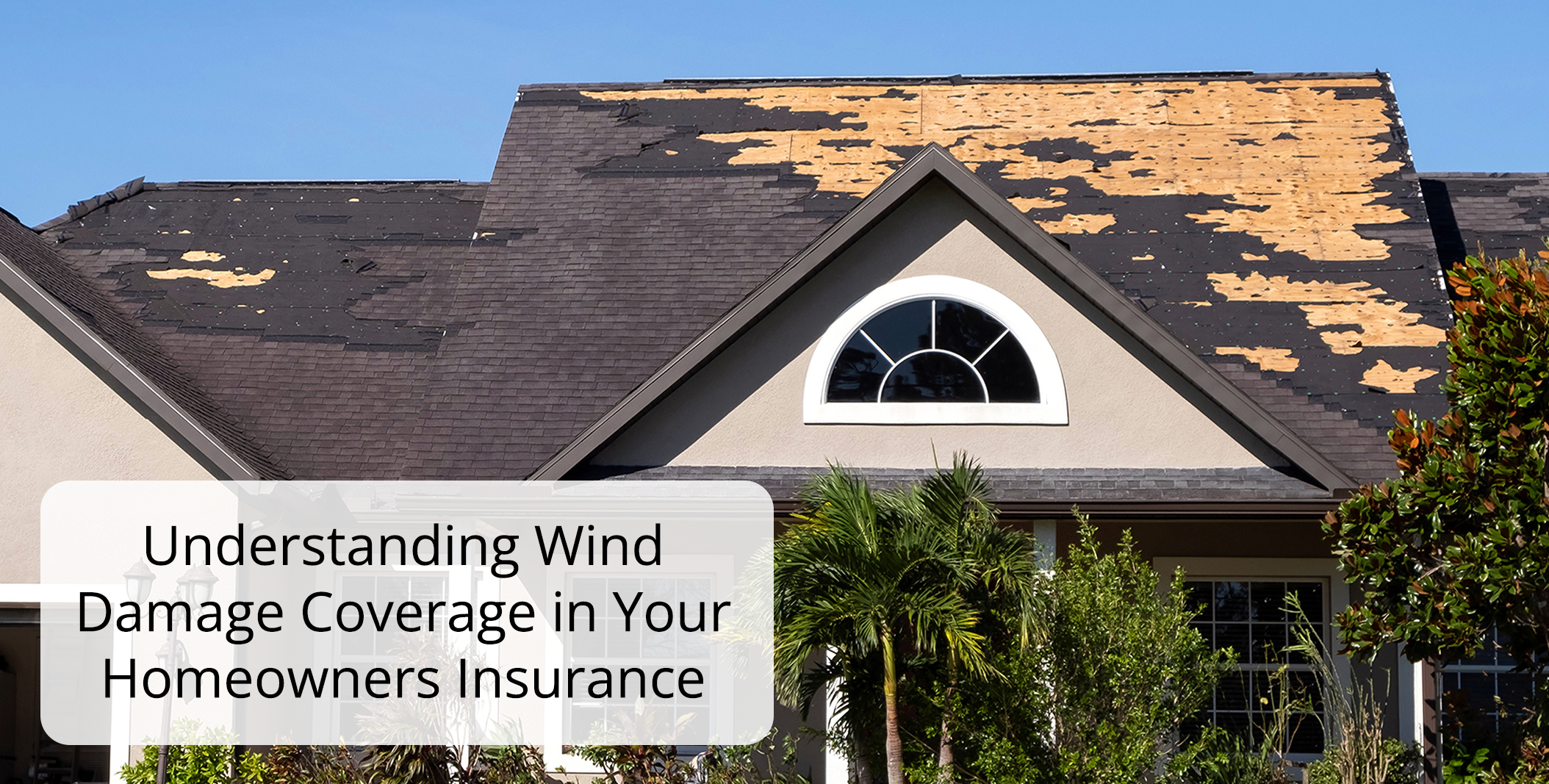

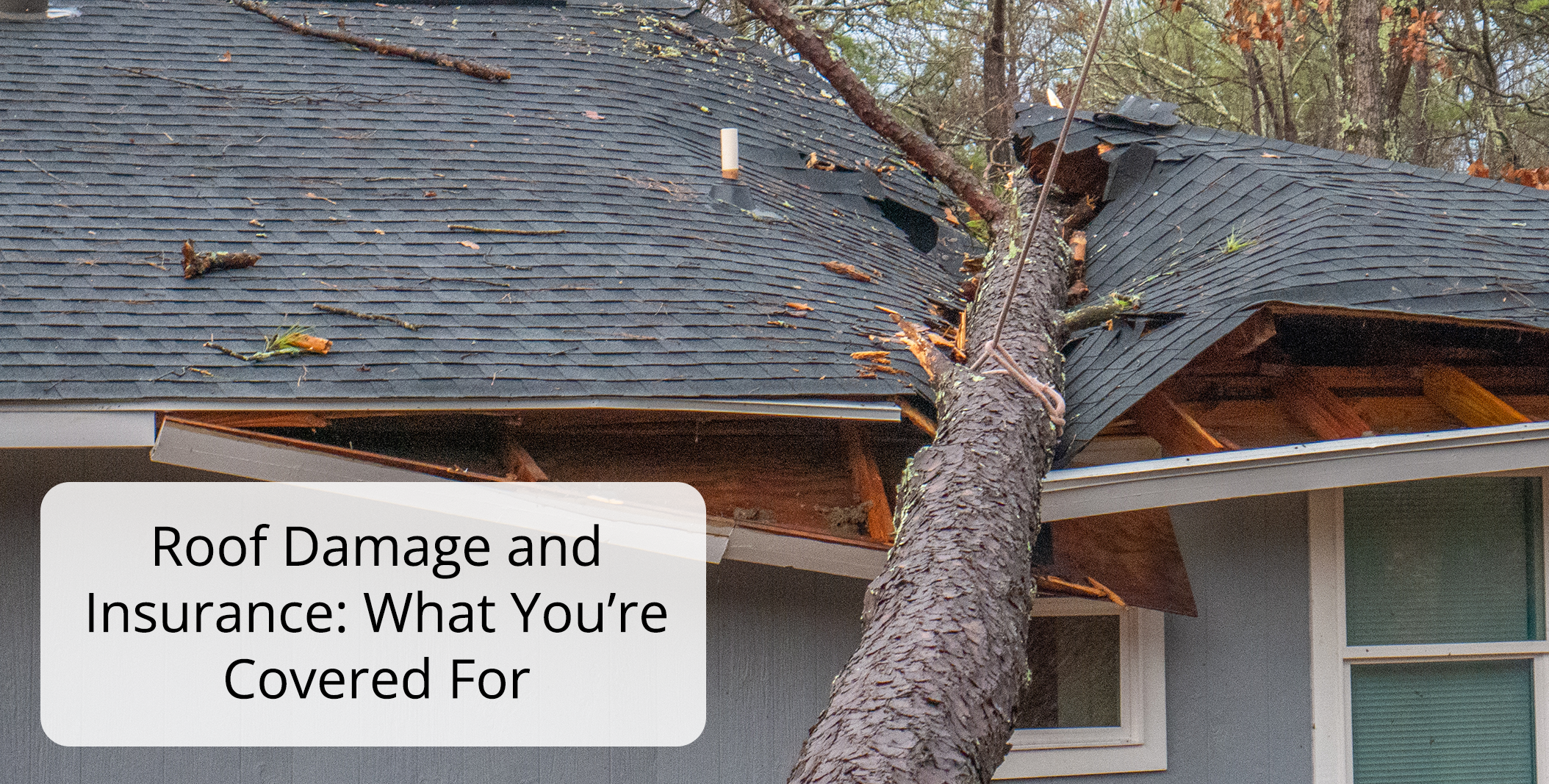
Buying a new car is an exciting milestone, but what happens if that car is totaled or stolen shortly after purchase? Many drivers are surprised to learn that their auto insurance policy might not cover the full cost of replacing their vehicle. That’s where Guaranteed Asset Protection (GAP) insurance comes in.
This specialized coverage bridges the gap between what you owe on your car loan or lease and the actual cash value (ACV) of the vehicle, potentially saving you thousands of dollars in an unfortunate situation. In this blog, we’ll break down how GAP insurance works, who needs it, and when it might be a smart investment.
What Is GAP Insurance?
GAP insurance is an optional add-on to your auto insurance policy that covers the difference between the ACV of your car and the amount you still owe on your loan or lease if your car is declared a total loss.
In the event of a total loss, your standard auto insurance policy will typically reimburse you for the ACV of the car, not the loan or lease amount. If the loan balance exceeds the ACV, GAP insurance covers the difference.
How Does GAP Insurance Work?
Here’s an example:
When Might You Need GAP Insurance?
While GAP insurance isn’t necessary for every car owner, it can be invaluable in certain situations. Consider purchasing GAP insurance if:
1. You’re Financing a New Car with a Small Down Payment
Cars depreciate quickly, especially in the first year. If you put down less than 20%, your loan balance may exceed the car’s ACV almost immediately, leaving you vulnerable without GAP insurance.
2. You’re Leasing a Car
Most leases require GAP insurance because the lease balance often exceeds the car’s value for much of the lease term. Some leasing companies include GAP coverage in their agreements, but it’s important to confirm.
3. Your Loan Term Is Long
Long-term loans (60 months or more) typically result in slower equity buildup, increasing the likelihood that you’ll owe more than the car is worth at some point.
4. Your Car Depreciates Rapidly
Certain makes and models depreciate faster than others. If you purchase a vehicle with high depreciation rates, GAP insurance can protect you from a significant financial loss.
5. You’re Driving a High-Mileage Vehicle
Putting a lot of miles on your car can accelerate depreciation, making GAP insurance a smart choice for frequent drivers.
Who Doesn’t Need GAP Insurance?
GAP insurance might not be necessary if:
Where Can You Buy GAP Insurance?
GAP insurance is widely available, and you can purchase it from:
Most insurers offer GAP insurance as an add-on to your existing auto policy. This is often the most cost-effective option.
Dealers frequently offer GAP insurance when you finance or lease a car through them. However, this option can be more expensive than purchasing through your insurer.
Independent companies specialize in GAP insurance. These providers may offer competitive rates and flexible terms.
How Much Does GAP Insurance Cost?
The cost of GAP insurance varies depending on your provider, vehicle value, and loan terms, but typical expenses include:
While dealer-provided GAP insurance might be convenient, it’s often more expensive than purchasing through your insurer.
Tips for Managing GAP Insurance
The higher your LTV ratio (the amount of your loan compared to the car’s value), the more likely you’ll need GAP insurance.
Once your loan balance falls below the car’s ACV, you can cancel your GAP insurance to avoid unnecessary expenses.
If you’re leasing, confirm whether GAP coverage is already included in your agreement to avoid duplicating coverage.
Shop around for the best rates and terms before committing to GAP insurance.
Alternatives to GAP Insurance
If GAP insurance doesn’t suit your needs, consider these alternatives:
Final Thoughts
GAP insurance can be a financial lifesaver if you’re upside-down on a car loan or lease when disaster strikes. By understanding how it works and when it’s necessary, you can make an informed decision about whether to add it to your policy.
For tailored advice on GAP insurance and other auto coverage options, consult an independent insurance agent. They can help you assess your situation, compare quotes, and ensure you’re protected against unexpected losses.
Investing in GAP insurance may cost a little upfront, but it can provide priceless peace of mind, ensuring you’re not left paying for a car you no longer own.
Disclaimer: The information provided in this article is for educational purposes only. It is important to consult with a qualified insurance professional for advice tailored to your specific circumstances.